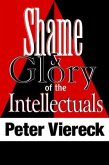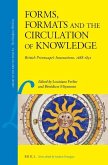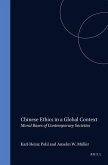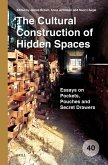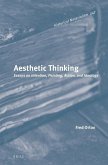A much discussed question in classical studies is the comparison between the situation of poets in Augustan Rome and that of artists and intellectuals in the totalitarian regimes of the twentieth century. As instructive as this question proves to be for an understanding of the relation between the freedom of art and thinking on the one hand and power on the other, it also reveals the insufficiency of our present grasp of this crucial articulation of our humanity. This volume offers a multidisciplinary and comparative approach to the problem, complementing the historical perspective with a regard on Eastern traditions. It thus explores tentative paths for future research on an issue of critical importance for the shaping of the global world.
Hinweis: Dieser Artikel kann nur an eine deutsche Lieferadresse ausgeliefert werden.
Hinweis: Dieser Artikel kann nur an eine deutsche Lieferadresse ausgeliefert werden.

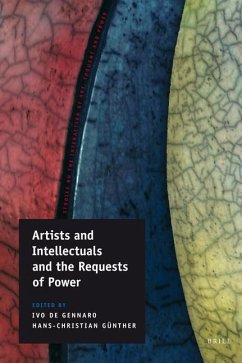
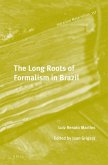
![Heath's Book of Beauty ...: With Nineteen Beautifully Finished Engravings From Drawings by the First Artists / [serial]; 1833 Heath's Book of Beauty ...: With Nineteen Beautifully Finished Engravings From Drawings by the First Artists / [serial]; 1833](https://bilder.buecher.de/produkte/65/65519/65519002m.jpg)
